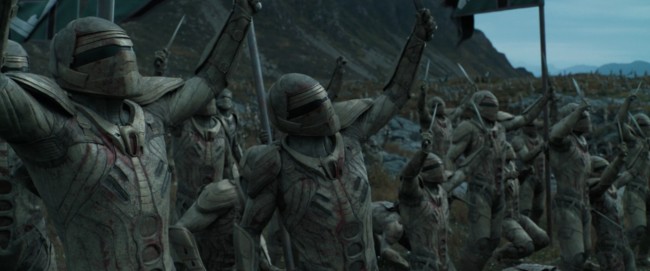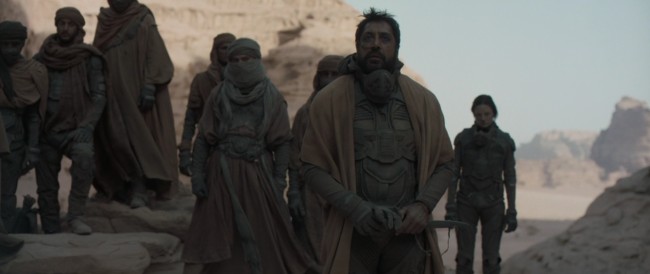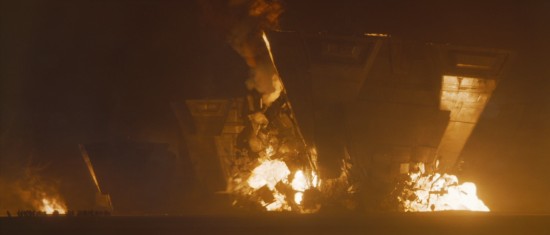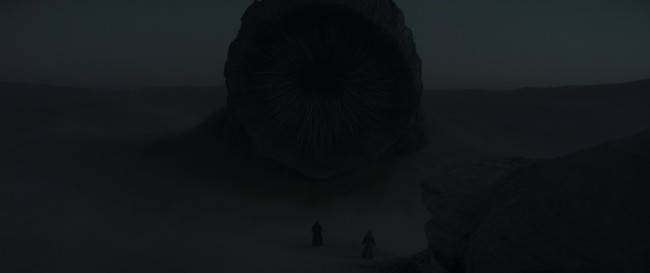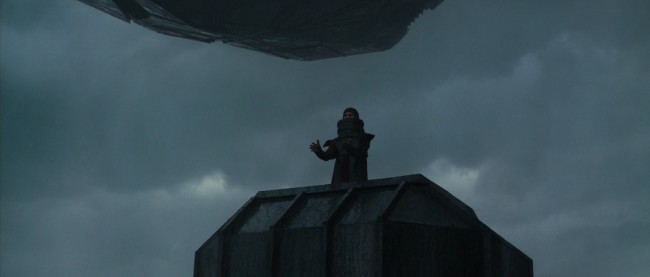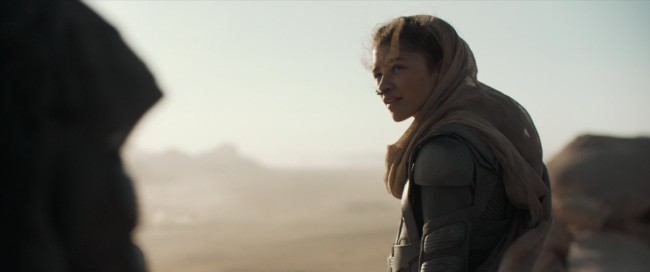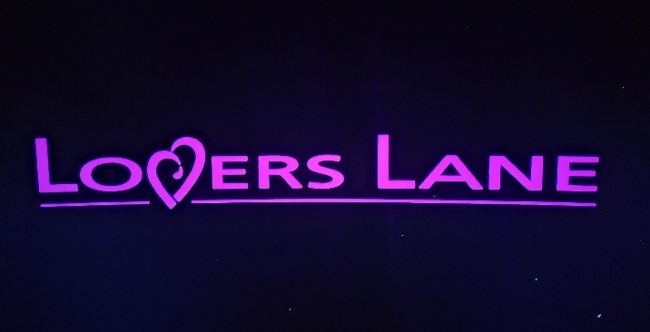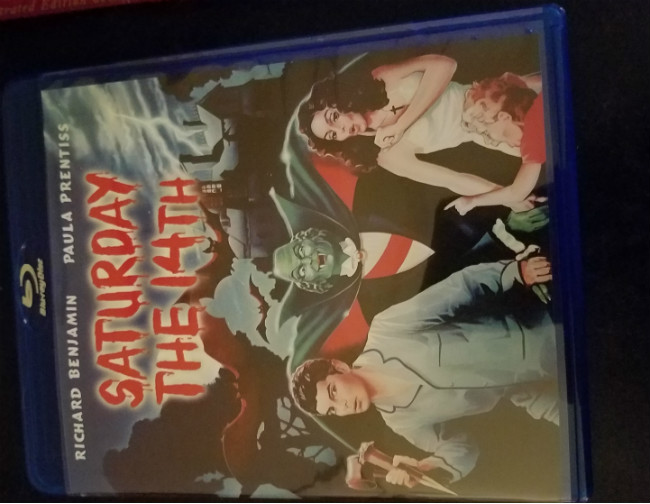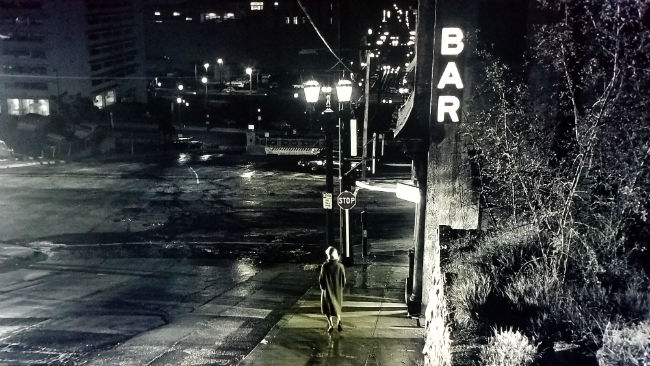The Visionary Vision of Denis Villenueve’s Dune
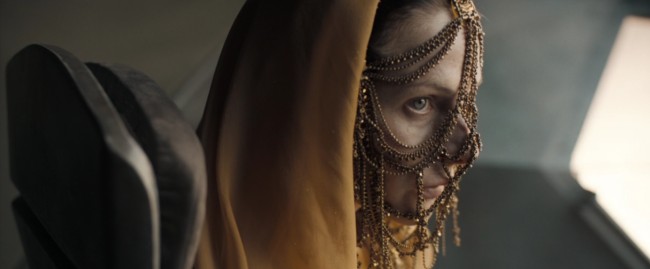
Dispelling the myth of the visionary director.
What do we mean when we say “visionary?” Who is a visionary? The Webster Dictionary defines the word as: “having or marked by foresight and imagination” or “one having unusual foresight and imagination.” Aldous Huxley wrote about in vitro fertilization more than forty years before the first baby was born through the process. Issac Asimov and Arthur C. Clarke were writing about space travel and A.I. in realistic scientific terms that seemed almost prophetic when these things came to pass. The artist Michelangelo designed helicopters, hang gliders, and submarines centuries before these concepts were thought of by other inventors. It would be difficult to argue that one of the people mentioned were not visionaries in some form or fashion.
Who Has Vision?
Today the word ‘visionary’ is thrown out like ticker tape at a parade. Can a director who only directed television sitcoms be called visionary based on one mega budget comic books movie? Is it legitimate to call a director visionary who predominantly makes films in the gore horror or torture porn horror genre? Has the word lost meaning when it’s applied so freely?
Now, just in time for the release of Dune, the ‘visionary’ tag has been attributed to director Denis Villenueve. Dune, released in late October, has received rave reviews by both critics and fans, but is Dune “visionary?” Is Villenuve a visionary director?
Denis Villenueve As Visionary
Denis Villenueve started his directing career with low budget, independent movies. Like directors Christopher Nolan and Darren Aronofsky, who also started out in independent movies, it wasn’t long before Hollywood called. As good as his early films are, it wasn’t until the release of Prisoners that Villenueve’s star rose in Hollywood and it wasn’t until Arrival that the general public caught up with Prisoners, Sicario, and his earlier movies. Since Prisoners the budgets have gotten bigger, the accolades have grown, and the projects he’s involved with don’t seem to be slowing down.
Much like the auteur theory, the “visionary” label discounts much of what makes cinema a collaborative medium. Dune is a visually impressive film. However, if it is a visionary film it owes the distinction just as much to the director of photography Grieg Fraser as it does Villeneuve’s direction. Fraser’s camera work and lighting created the feel and look of the movie that left audiences wanting more when the initial trailer was released.
Vision As Collaboration
What else captured the imagination of audiences when the first trailers for Dune were released? Beyond the brilliant cinematography it was the costumes and the wardrobe worn by the characters that gave Dune its other worldly look. It was also the editing, the sound, and Hans Zimmer’s score. It was the special effects, the makeup, the editing, and the production design. Even the most visionary of visionary directors can’t do all of this by themselves, because even the most “visionary” director is still only human.
From all accounts Denis Villeneuve had a vision of what he wanted when he was tasked with adapting Frank Herbert’s novel. Having a vision and being a visionary are two different things that often get confused for being the same thing. Compared to David Lynch’s 1984 Dune, Villeneuve’s 2021 version is indeed earth shattering.
Lynch Vs. Villeneuve
Lynch, however, was weighed down with the burden of making the entire book into a movie. Herbert packed in so much information, ranging from spies to trade wars to religion, between its covers making one movie seems an impossible task. The results of making one movie are apparent. The pacing is off due to its run time, characters go into long winded speeches with each other which are then followed by their thoughts as voice overs, and the special effects are ridiculous looking even judged by the effects of the time.
Villeneuve’s Dune doesn’t have the same issues as Lynch’s Dune. First, the Dune released in October is part one. Screenwriters Eric Roth, Jon Spaihts, and Villeneuve practically gutted the book to make Dune part one into a two and half hour feature film. Most of the characters from the beginning of the movie are gone before the halfway point of the movie. Other characters who play a vital role in the story have not been introduced. The nuances and subtleties of betrayal are glossed over. The special effects in Dune are some of the best special effects put on screen in years. As such Dune part one feels like one long establishing shot; a very expensive establishing shot.
Establishing Shot as Cinema
An almost three hour establishing shot is not the mark of a visionary. Peter Jackson, another director who has been called a visionary, filmed all three Lord of the Rings movies back to back. It was a risk that paid off in box office receipts and awards. While The Lord of the Rings: The Two Towers is often regarded as the slower paced movie of the trilogy it sets up the final adventure in the last installment. You don’t have to watch it in order to understand or follow what happens in the final film, but it does help because you will have questions. And there’s still plenty of action in the movie to warrant watching before moving on to the final chapter.
If Dune part two has more action as Villeneuve has suggested there won’t be much need to watch the first part again. The first part is all set up in a fantastical way for the bigger spectacle of part two. After more than two years, if not more, between the first and second movies there will almost certainly be the obligatory flashback scenes to explain to the audience what has occurred. Although that may not be warranted because nothing happens that can’t be explained in a sentence or two. A visionary movie is one that people will return to time and time again. What reasons would the average audience member have to go back and revisit a movie that is no more than set up for the sequel?
Visionary For the Rich
Maybe “visionary” is something we say when we see something we’ve never seen before. If that’s the definition then there are a lot less visionary directors than are being advertised in movie trailers. In truth, we’ve seen ships travel through space, men and women fly through the air, and universes being born before. We will see these things again and again because rarely is something 100% original put on the big screen. But ask yourself this, “Why are directors with huge budgets usually the ones who are called visionaries?”

